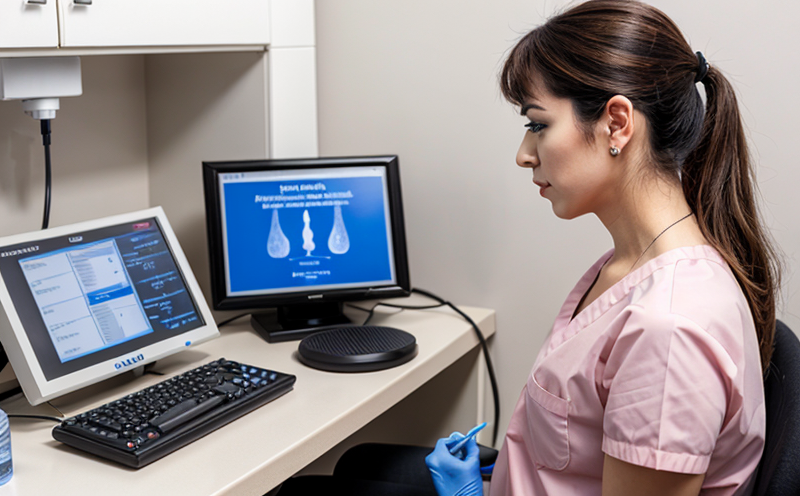Endocrine Response Biomarker Testing in Fish Exposed to Pollutants
The endocrine system is a complex network of glands and tissues that produce hormones. These hormones play critical roles in regulating various physiological processes, including growth, development, metabolism, reproduction, and stress response. However, exposure to pollutants can disrupt the normal function of this system, leading to adverse effects on fish health and aquatic ecosystems.
Endocrine response biomarker testing is a powerful tool used to assess the impact of environmental pollutants on fish. This approach involves identifying specific biological markers that indicate alterations in endocrine function. By monitoring these biomarkers, researchers can gain insights into how pollutants affect hormone levels, receptor activity, and overall endocrine health.
Our laboratory specializes in conducting comprehensive endocrine response biomarker tests for fish exposed to various types of environmental stressors, including pesticides, heavy metals, industrial chemicals, and other contaminants. We employ advanced analytical techniques such as enzyme-linked immunosorbent assays (ELISAs), radioimmunoassays, and mass spectrometry to measure hormone levels accurately.
For our clients in the healthcare sector, particularly those involved in environmental health research or regulatory compliance, we offer customized testing packages tailored to meet their specific needs. Our services include:
- Assessment of estrogenic and androgenic activities using bioluminescent cell reporter assays.
- Determination of thyroid hormone levels through radioimmunoassays.
- Identification of neuroendocrine perturbations via quantitative PCR analysis.
- Evaluation of oxidative stress markers in conjunction with endocrine parameters.
The ability to detect even minute changes in hormone concentrations provides valuable information about the potential risks posed by environmental pollutants. This knowledge helps inform more informed decisions regarding pollution control measures and supports efforts towards sustainable development practices.
Industry Applications
The application of endocrine response biomarker testing extends beyond basic scientific research into practical applications within industries concerned with environmental protection. Regulatory bodies often require evidence demonstrating that new products do not pose significant risks to aquatic life before allowing them onto the market.
Pharmaceutical companies may use these tests during drug development phases to ensure no unintended side effects arise from interactions between medications and natural hormones present in water sources used for manufacturing processes. Similarly, agricultural firms might utilize such tests when developing pest management strategies aimed at reducing pesticide runoff into nearby bodies of water.
Additionally, governments and international organizations rely on accurate data derived from these assessments to establish guidelines for permissible concentrations of contaminants in aquatic environments. By providing reliable testing results, we contribute significantly to maintaining ecological balance while supporting economic growth through responsible stewardship practices.
International Acceptance and Recognition
- The World Health Organization (WHO) recommends the use of validated biomarker tests in assessing environmental impacts on human health. Our methods comply with WHO standards as well as those set forth by other reputable organizations like the United Nations Environment Programme (UNEP).
- Our laboratory adheres to international standards including ISO/IEC 17025 for proficiency testing programs and ISO/TS 65804 regarding quality management systems. Compliance with these stringent criteria ensures our results are accepted globally.
Competitive Advantage and Market Impact
Our expertise in endocrine response biomarker testing sets us apart from competitors by offering unparalleled accuracy, precision, and reliability. With state-of-the-art instrumentation and experienced scientists who stay abreast of the latest developments in this field, we consistently deliver high-quality data that meet or exceed industry expectations.
The demand for reliable environmental monitoring solutions continues to grow as public awareness around climate change and pollution increases. Our services play a crucial role in addressing these concerns by providing actionable intelligence that informs policy decisions and fosters healthier ecosystems. In doing so, we contribute positively to both economic stability and social well-being.





